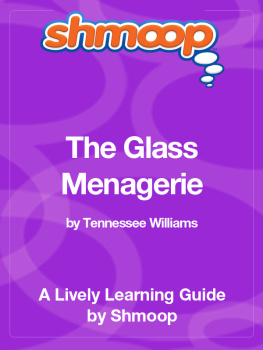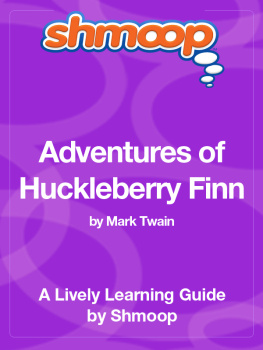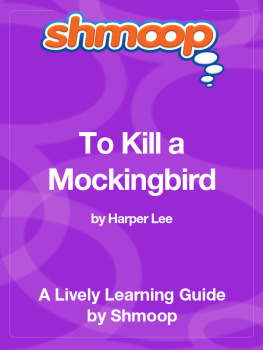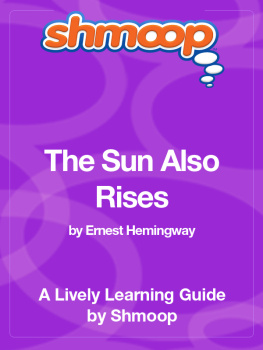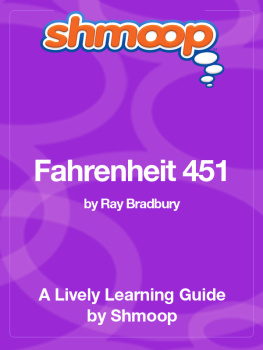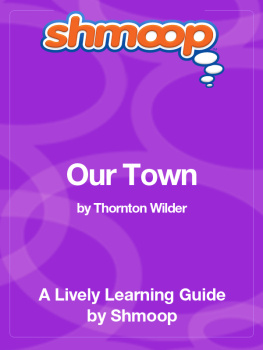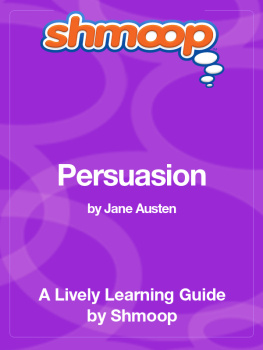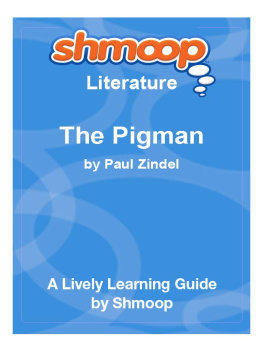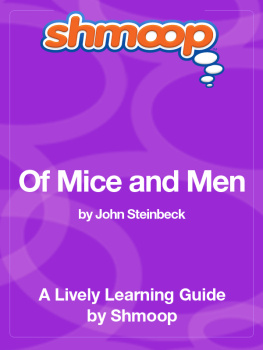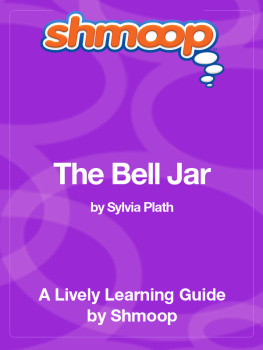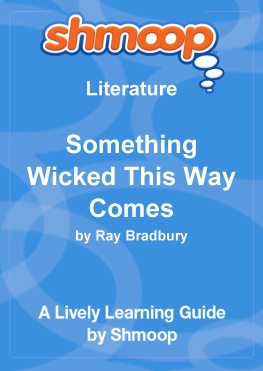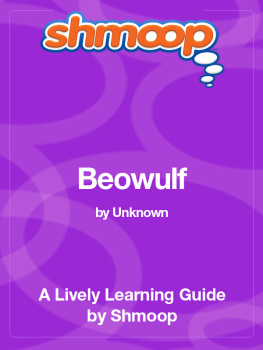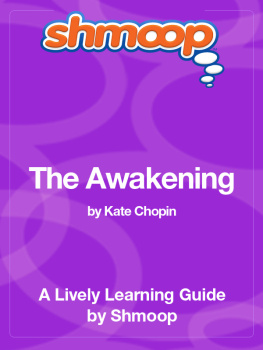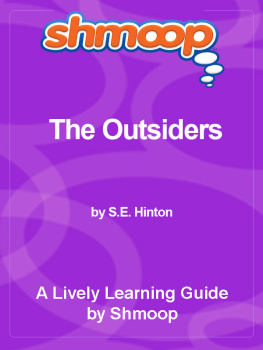
Table of Contents
In a Nutshell/Overview
The Glass Menagerie is a play first produced in 1944. The author, Tennessee Williams, was launched into fame and made victim to the forties' equivalent of literary paparazzi because of it. The play revolves around a young man begrudgingly supporting the family his father has abandoned. It also features a painfully shy and slightly crippled sister character, whose preoccupation with a collection of glass animals draws her away from reality. Set against the backdrop of the Depression, the family struggles together with the past, the future, and one another.
Why Should I Care?
OK, so you never lived in the Great Depression. We didn't either. Or abandoned your family for Jolly-Roger-style adventure. But have you ever called your mother a mean name in the heat of the moment? Or tried to live your own personal life but gotten hassled about it?
So you can totally appreciate Tom's situation. We mean, the guy is twenty-one and stuck in a little apartment with a mother who won't let him drink and a sister who is desperately single. Can you imagine trying to juggle all that? Toss in dreams of being a writer, the fact that your father abandoned you, and a boring job in a shoe warehouse. The point is, things suck for Tom. But at the same time, he really has an obligation - the family will completely suffer without him. Pretty compelling, if you ask us.
Whats Up With the Title?
The Glass Menagerie is a collection of small glass animals that Laura Wingfield obsesses over. She spends her time polishing and, well, obsessing, using the menagerie as a retreat from the real world. The importance of the glass lies in the way Laura mirrors its delicate beauty and fragility.
Writing Style
Grandiose, pretentious
We thought we would let a quote do the talking here. Here we go:
"Tom appears at the top of the alley. After each solemn boom of the bell in the tower, he shakes a little noisemaker or rattle as if to express the tiny spasm of man in contrast to the sustained power and dignity of the Almighty." See what we mean about grandiose pretentiousness?
Tone
Melancholy, Reflective, Meta-fictional
The tone of this play is the product of its narrator. Because Tom tells us about the play by looking back from a rather sad state, the scenes are necessarily imbued with narrator Tom's emotions. He regrets having abandoned Laura, so all the scenes are filled with a sense of regret. As for the metafictional stuff, we mean the dramatic music at key moments, the screen projecting images, the general way that we the audience are never allowed to forget that we are watching a play. There's also Tom's introductory speech, where he make reference to the play you are about to see. That's meta-fiction, or, in this case, meta-drama.
Narrator Point of View
First Person (Central Narrator)
The narrator is an older Tom, some years after the scenes that are played out. He defines the way in which the play is presented here, as a "memory scene." Not only does the narrator guide us through the action with, you know, narration, but he also infuses the play with its tone and memory-like appearance. Because we hear the story from the guy in the story, we know it has been altered and adjusted. The point of view, then, becomes hugely important when we consider that objectivity, and potentially accuracy as well, have been removed from this story.
Symbols, Imagery, Allegory
Blue Roses and Jonquils
Yes, we've got some flower stuff going on here. Amanda always talks about jonquils when referring to her past, when she herself was a pretty little Southern Belle surrounded by dozens of gentlemen callers. Jonquils are a type of Narcissus, which is named of course from Greek Mythology and has to do with vanity, or narcissism. Interesting. Also, and we may be getting totally out of hand here, but jonquils are the same thing that we Americans call daffodils, and e.e. cummings, who is referenced to already twice in the play, wrote a poem about daffodils that also discusses roses. Not that that means anything. Back to business: for Amanda, the flowers are reminiscent of the past and signify what she wants for her daughter.
So Laura counters with blue roses. Jim's old nickname for Laura, "Blue Roses," comes to represent Laura's unique and individual self, a self that Jim and only Jim recognizes. Blue roses have this sort of mythical significance of being mysterious, or impossible to come by, which makes sense when you look at Jim's description of Laura as a one-in-a-million girl.
The Glass Menagerie, in particular the Unicorn
The Glass Menagerie is fragile and delicate, just as Laura. This fragility is manifested physically in the glass; as Laura says, "If you breathe, it breaks!" Yowzah. It's also really beautiful, as those of you with unhealthy glass animal fetishes may have already known. Laura has the same kind of beauty - the translucent, other-worldly, delicate kind.
Then there's this unicorn business. When Laura talks about the unicorn, she reveals that it is her favorite glass animal, that it is unique from all the other horses because of its horn. Not that Laura has a horn, as far as we know, but she is really different from most girls, as Jim recognizes. Part of what separates her from the pack is her off-the-charts shyness. So when Jim makes her dance with him, and the horn breaks off the unicorn, Laura calls it a "blessing in disguise" - she is being made to be a normal person. However, when Jim turns out to be engaged, she gives him the unicorn, in a tragic sort of "look what you broke in me" kind of way.
The Movies, The Fire Escape
Tom hates his life and he uses movies, dancing, and the occasional bottle of booze to get him through. Notice how he always heads to the movies when things at home get unbearable, like his mother yelling at him?
And of course, the fire escape. We mean, the fire ESCAPE. Tom keeps hanging out there, partly because of the smoking thing, but really because of the ESCAPE thing. This is foreshadowing. Tom almost escapes...almost escapes...very nearly escapes...and then ESCAPES! Only not really, because he can never truly escape the memory of Laura.
Alcohol
You might have noticed that Amanda has this issue with alcohol. She refuses to let Tom drink, she needs to ensure that Jim doesn't, and she mentions briefly that her irresponsible husband used to. What's cool about this, and why we decided to put it in this oh-so-exclusive section, is that when Amanda talks about alcohol, she isn't just talking about alcohol. She sort of uses it to mean everything bad - like reading D.H. Lawrence and going to the movies and having dreams of adventure. Alcohol also ends up being a connection between Tom and his father: they both drink. Amanda doesn't like Tom "taking after his ways," and we, the wise and perceptive audience, know this means that Tom will, like his father, eventually abandon the family as well.
Genre
Family Drama; Tragedy
We say 'tragedy' because things don't really work out so well in the end. Family drama, well, that's pretty self-explanatory, what with the family and the drama and all.
Setting
The Wingfield apartment in St. Louis.
Tennessee Williams makes a big deal out of telling us all about the apartment. He wants us to know how the buildings are all stacked up like a beehive, so we get the sense of dehumanization and confinement to working roles. Because the action ONLY takes place at the apartment, we can sense Tom's feelings of being trapped, the fact that he is contained in only one location along with his family. The fire escape, of course, is crucial, being a means of escape and all. It kind of hangs out there like a constant foreshadowing of Tom's eventual escape. It's also, fittingly, the place where narrator Tom does a good deal of his narrating. This makes sense - narrator Tom has already escaped, so he speaks to us from outside the apartment.

